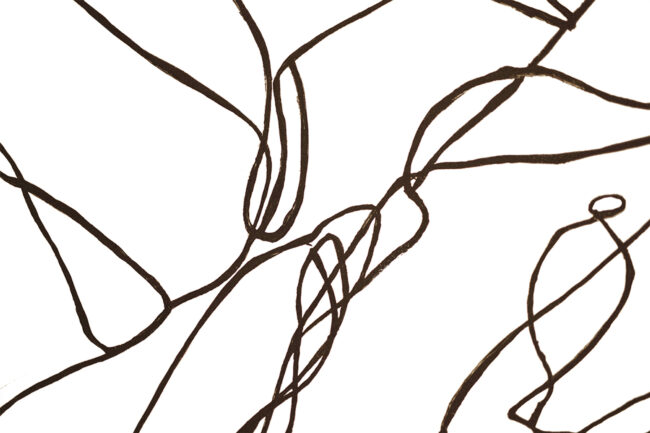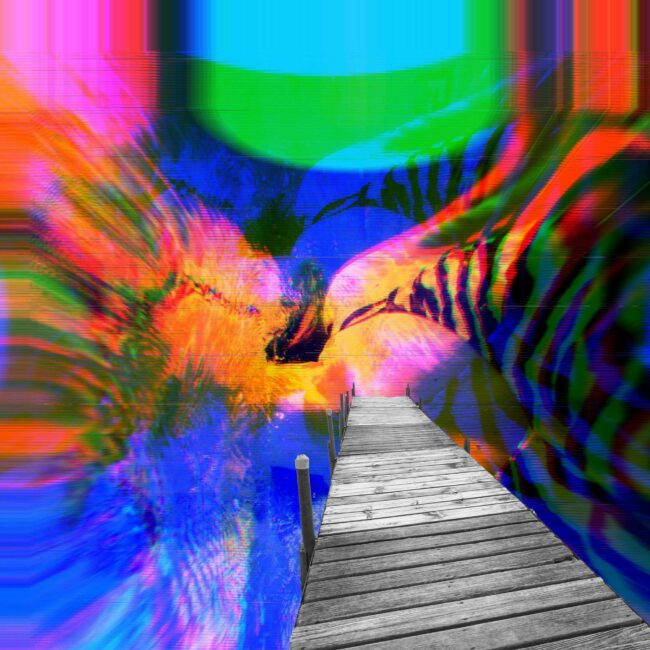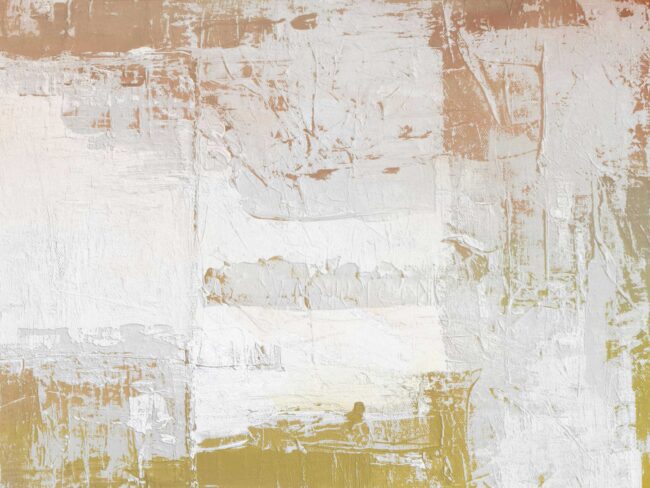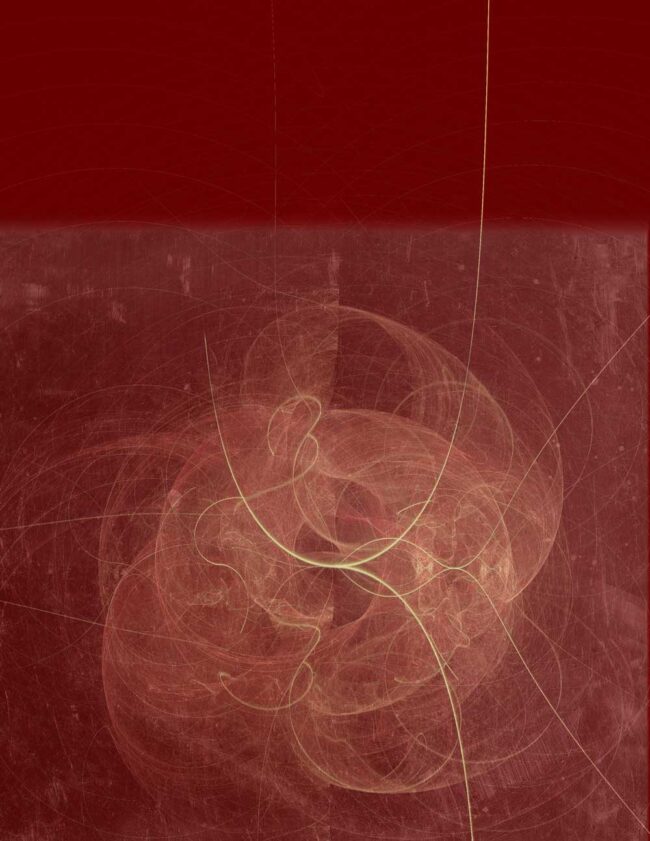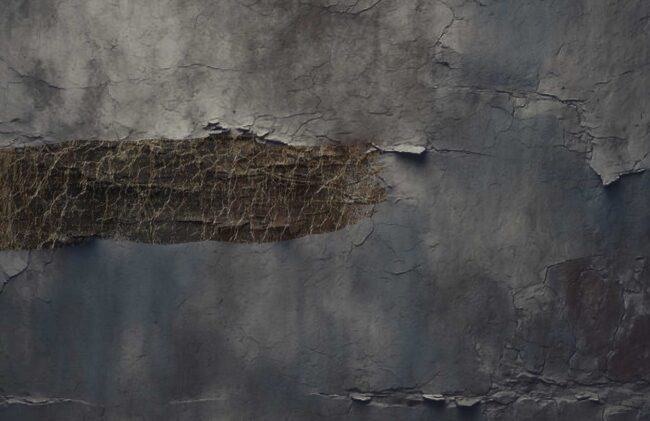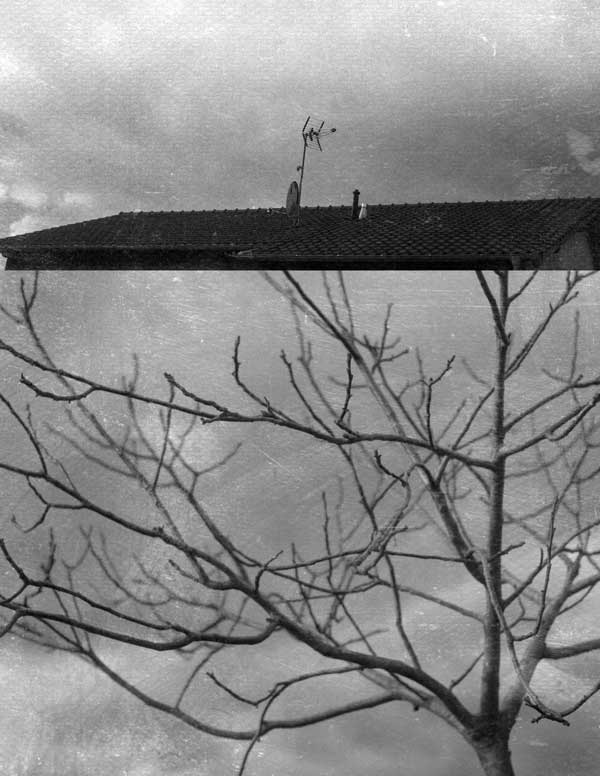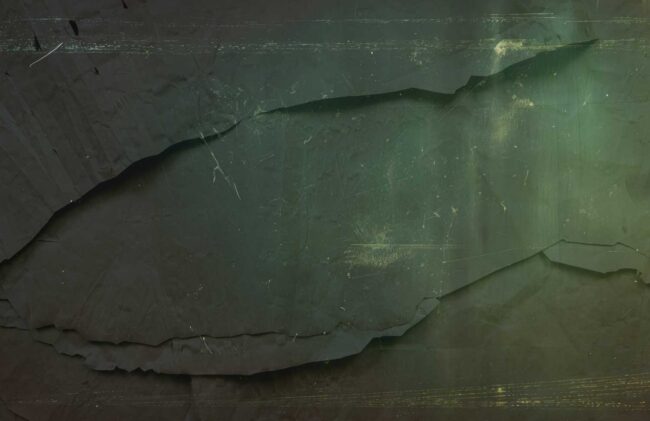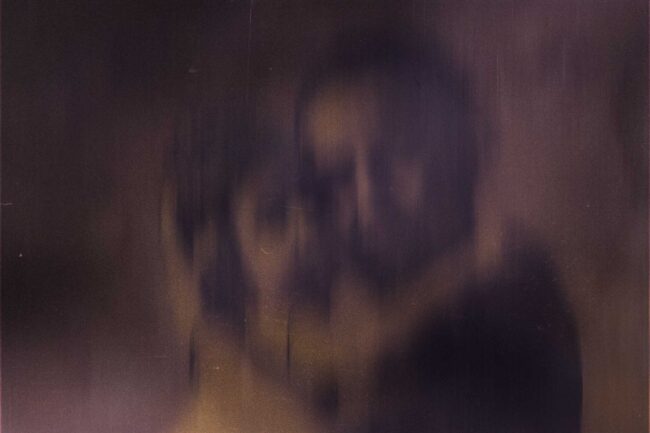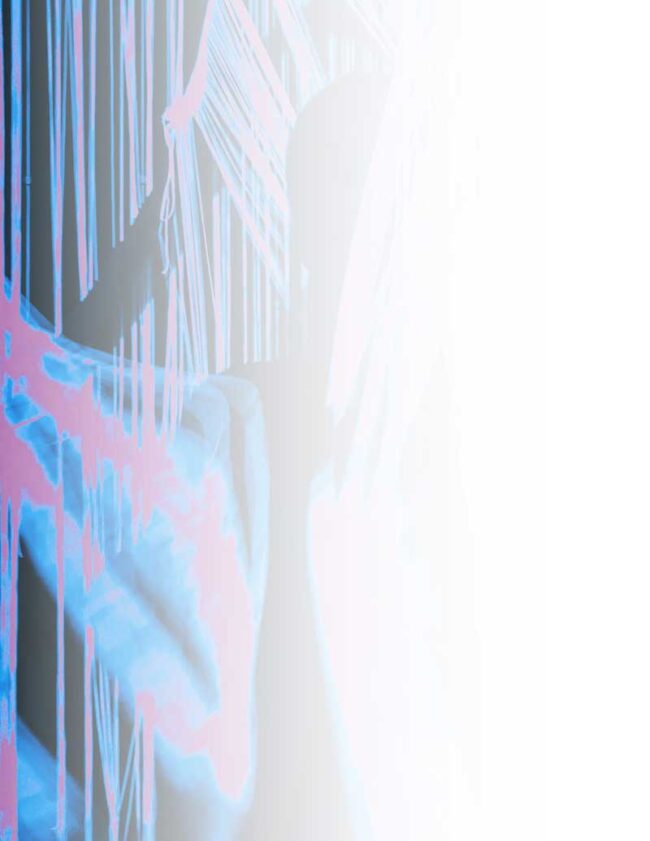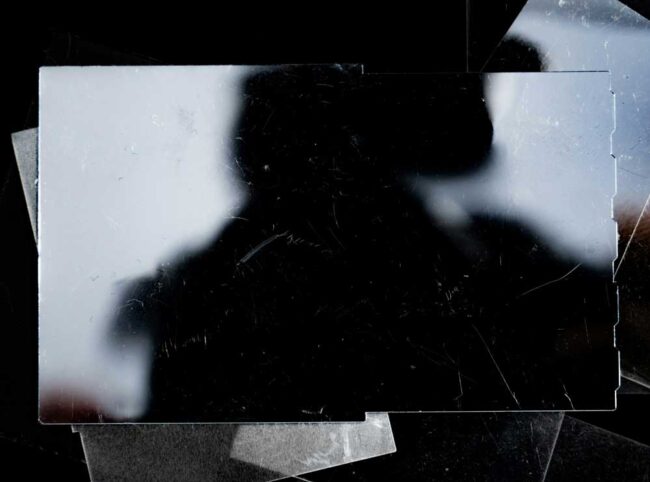The Accidental Activist by Nancy Prendergast
I grew up in the blue state of Rhode Island, where my father was active in local Democratic politics. I voted mostly for Democrats but registered as an Independent. While I never missed voting in a presidential election, I didn’t keep up with local or state politics. I simply had no time. I hoped our Sherwood Forest friends would come to their senses when they saw how woefully unprepared Trump was to govern. … But no matter what outrageous action Trump and the Republicans took, our friends reacted positively. When they realized we didn’t share their enthusiasm, they stopped talking politics with us. In the fall of 2018, I snapped.

